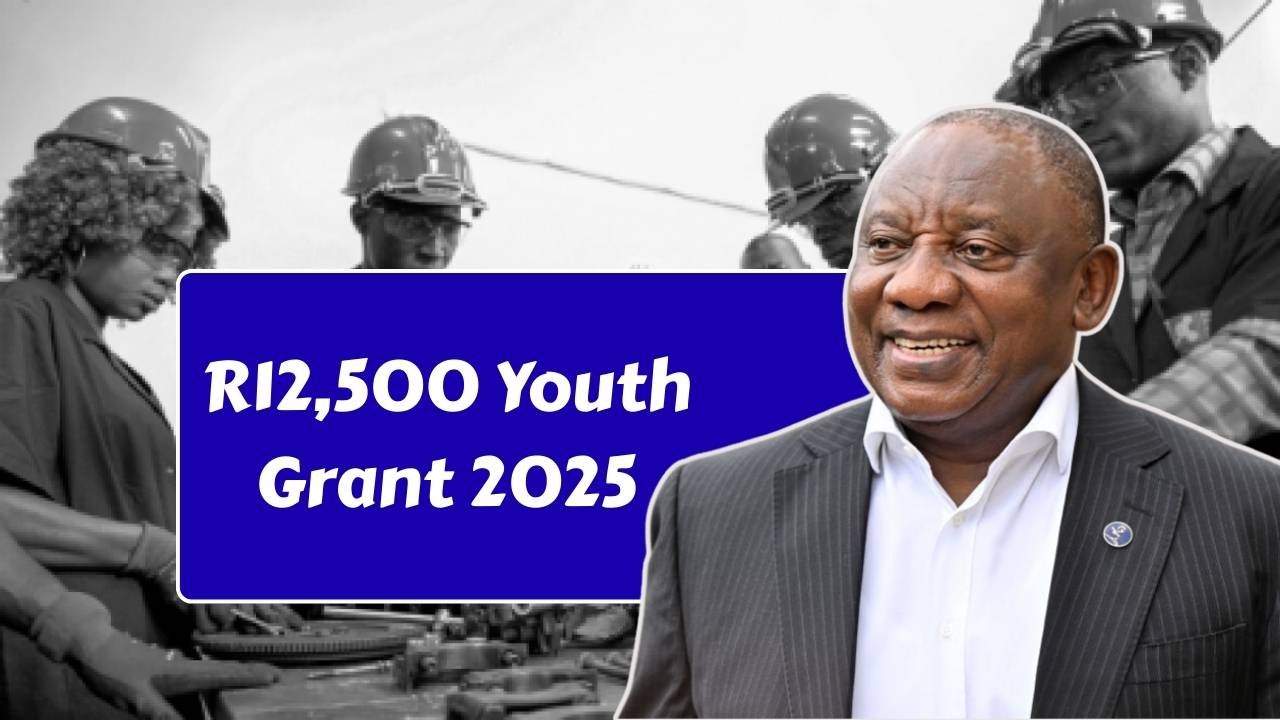In recent weeks, social media platforms have been flooded with claims about a so-called “R12,500 Youth Grant,” allegedly available to unemployed South Africans aged 18 to 35. Posts and videos suggested that young people could apply for a one-time payment if they were not receiving any other government assistance.
The claim gained traction amid South Africa’s high youth unemployment rate, which currently stands at over 43%, according to Statistics South Africa. With more than 4.6 million young people unemployed, many were quick to share the posts, hoping for financial relief.
However, both the National Youth Development Agency (NYDA) and the South African Social Security Agency (SASSA) have confirmed that the grant does not exist and warned the public to remain vigilant against misinformation.
NYDA Clarifies the Situation
The NYDA issued a statement emphasizing that it is not connected to the alleged R12,500 youth grant. The agency confirmed that it does not provide one-time payments of this nature. Instead, legitimate youth programs are available exclusively through the NYDA’s Enterprise Resource Planning (ERP) portal.
Officials also warned that the posts were not only misleading but potentially dangerous. Scammers often exploit these types of false promises to collect personal information, such as ID numbers and banking details, which could later be used for fraud.
A spokesperson for NYDA stated:
“We are not offering any once-off R12,500 Youth Grant. All legitimate programs are available through our ERP portal and can be verified on our official website.”
SASSA Warns Beneficiaries
SASSA echoed these warnings, declaring the grant claims as fake news on its verified social media platforms. Officials stressed that spreading false information could mislead vulnerable South Africans who rely on SASSA for social assistance.
The agency reminded the public that no once-off youth grant exists and encouraged beneficiaries to verify information only through official SASSA channels.
Why the Fake Grant Story Spread
The claim’s popularity was amplified by videos on TikTok and Facebook suggesting that the grant could be used for business start-ups, skills training, or community projects. This narrative made the posts appear credible and appealing, particularly to unemployed youth eager for opportunities.
Economic pressures, high unemployment, and widespread social media use have all contributed to the rapid spread of such misinformation.
Risks of Responding to Fake Grant Offers
Officials highlighted the dangers associated with fraudulent grant schemes:
- Theft of personal data leading to identity fraud
- Financial scams disguised as application or processing fees
- Emotional distress caused by false promises
- Reduced trust in legitimate government initiatives
How to Identify Legitimate Programs
Citizens should be aware of the differences between real government programs and scams:
| Legitimate Program | Fake Grant Claim |
|---|---|
| Youth Enterprise Development Fund | No official recognition |
| Business and entrepreneurship funding | Only shared on social media |
| Skills development and mentorship programs | Requests personal info via fake links |
| Access via NYDA ERP portal and official website | No official website verification |
Tips for Verifying Information
To protect themselves, South Africans should:
- Check updates on SASSA and NYDA websites
- Submit youth-related applications only through the NYDA ERP portal: https://erp.nyda.gov.za
- Confirm news through official press releases and government statements
- Report suspicious posts to prevent further spread
Context: Youth Unemployment
The viral nature of the R12,500 grant claim highlights the ongoing challenge of youth unemployment in South Africa. While legitimate programs like the Presidential Youth Employment Initiative and NYDA enterprise development support exist, they focus on training, mentorship, and long-term employment not one-time cash payments.
Recognizing Scam Red Flags
Citizens are advised to watch for common signs of fraudulent grant offers:
- Requests for upfront fees (real grants never charge money)
- Links to unofficial websites (used to steal personal information)
- Poor grammar or design (indicating unverified content)
- Promises of unusually large payouts (not part of official programs)
Public Responsibility
Government agencies urge all South Africans to help stop the spread of misinformation. Avoid sharing unverified posts, verify all information before acting, and never provide personal information on unofficial platforms. Public awareness remains the most effective tool against scams.




